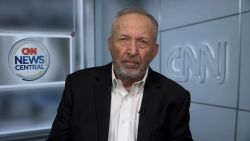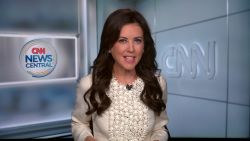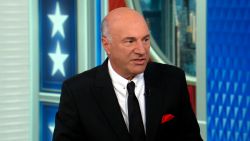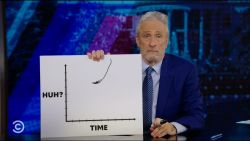Stitch Fix, facing economic turbulence, announced a double whammy on Thursday: CEO Elizabeth Spaulding is stepping down and the company planned to lay off 20% of its salaried staff.
The online personalized subscription clothing retailer also said it was closing some operations, including its Salt Lake City distribution center.
“We will be losing many talented team members from across the company and I am truly sorry,” Stitch Fix (SFIX)founder and former CEO Katrina Lake wrote in a blog post.
The company named Lake as its interim CEO after announcing Spaulding’s departure on Thursday. Spaulding joined the company in 2019 as president and became CEO in 2021.
Shares of Stitch Fix rose 6% on the news.
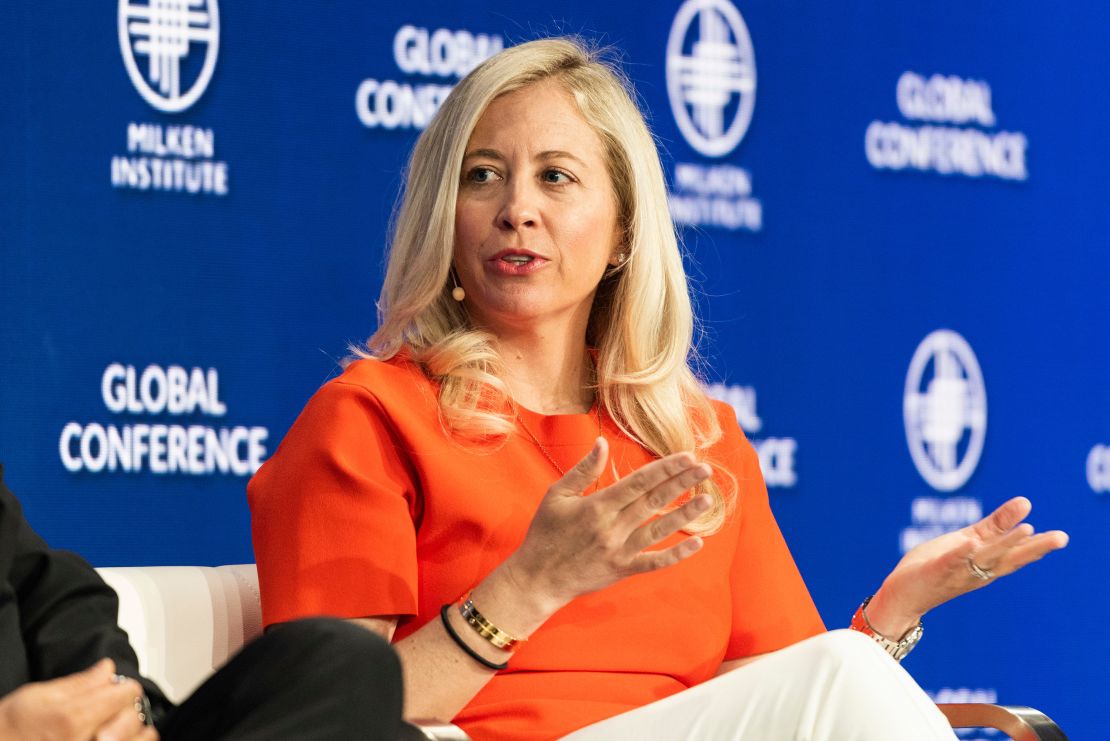
Lake said affected employees will receive health care coverage through April and at least 12 weeks of pay, which increases with tenure.
“To those impacted: You took a chance on Stitch Fix, trusted us with your time and investment of yourself, and I am sincerely sorry that we are parting ways with you in this way today,” Lake wrote. “Despite the challenging moment we are in right now, the board and I still deeply believe in the Stitch Fix business, mission and vision.”
In June, 2022, Stitch Fix laid off 15% of its salaried staff — around 330 employees — amid slowing e-commerce growth across the retail sector.
The company launched in 2011 and went public in 2017, and was booming only a year ago. But Stitch Fix has struggled as more shoppers return to in-person buying at stores and pull back on their online spending. The company is also facing higher costs.
Stitch Fix’s stock has lost more than half its value this year and is now worth less than $1 billion.
Layoffs are picking up pace as industries brace for a deeper economic downturn in 2023.
Amazon (AMZN) announced Wednesday it was cutting 18,000 jobs, Salesforce said this week it would cut about 10% of its staff and Helen of Troy, which owns Vicks, OXO and Osprey among other consumer goods and beauty brands, is laying off 10% of its staff, in the face of sluggish demand and economic uncertainty.
– CNN’s Nathaniel Meyersohn contributed to this story










